Control of U.S. Senate centres around a handful of GOP-held seats
Uncertain outcomes in two Georgia Senate races could push the fight into next year.
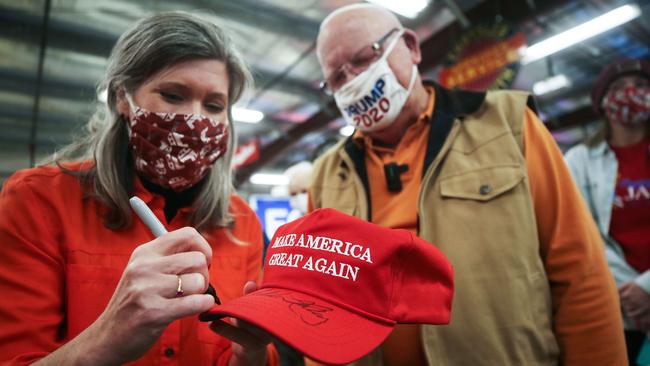
Republicans and Democrats enter Election Day in a fight for control of the Senate, with key races tightening during a final push to turn out voters at the close of the chamber’s most expensive contests in history.
Republicans are fighting to hang on to their majority, which now is a narrow 53-47 advantage. Democrats need to gain four seats to take control if President Trump is re-elected, or three if former Vice President Joe Biden wins the presidency.
A total of 14 seats are now considered competitive, as record small-dollar donations have enabled Democrats to expand the map of close races from just 11 during the summer. Of the total, strategists have zeroed in on a handful of GOP-held seats in Maine, Iowa, North Carolina and Georgia as most likely to determine control of the Senate. Republicans concede that Sen. Cory Gardner will likely lose his seat in Colorado and are worried about Sen. Martha McSally’s seat in Arizona. Democrats expect to lose the Alabama seat held by Sen. Doug Jones.
With Democrats likely to keep their majority in the House, the Senate’s Democratic leader, Chuck Schumer of New York, says he needs a Senate majority in order to take action on such issues as climate change and economic and social inequality. Democrats also say they need control to pass a big coronavirus-aid package and an overhaul of the criminal justice system.
“I am feeling good about the Senate,” Sen. Amy Klobuchar (D., Minn.) said on Fox News Sunday, citing a list of polls that Democrats were leading in. “We are ahead in Arizona, we are ahead in Colorado, we are ahead in a number of polls in Maine.” Senate Majority Leader Mitch McConnell (R., Ky.) portrays the GOP Senate as a firewall against what he warns are Democrats’ plans to make Washington, D.C., and Puerto Rico states, which would grant each of them two Senate seats that he says Democrats would be favored to win, and to add liberal justices to the Supreme Court if Mr. Biden wins the presidency.
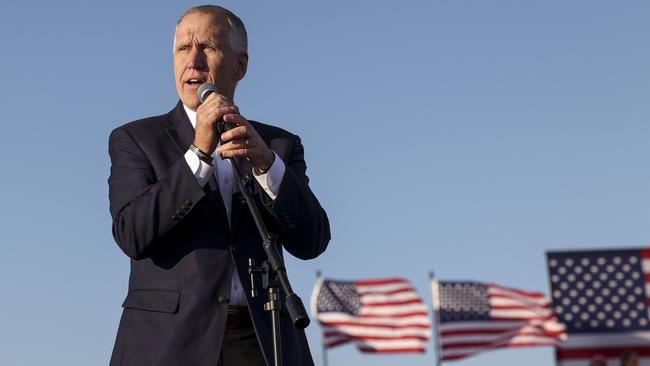
Sen. Tom Cotton (R., Ark.) said the election is about more than just normal differences between Republicans or Democrats on taxes or the defense budget or gun-owner rights. “It’s about whether the Democrats are going to shatter norm after norm of our democracy and try to rig the rules so they never relinquish power again in the future,” he said, adding: “So firewall is one term. Constitutional check is another term.” The battle for the Senate could extend into next year.
Two Senate seats in Georgia are up for grabs this week and both could end without any candidate getting more than 50% of the vote, triggering runoffs that could leave the control of the Senate in question until Jan. 5. If the Senate is split 49-49 after Election Day, Georgia will become a political ground zero.
Sen. Roy Blunt (R., Mo.) said Republicans could hold the Senate, though acknowledged it may be tight.
“We may be dependent on one or two elections in Georgia after the election to get to the 51-plus votes we need, but I think there’s a likely pathway that gets us there,” he said on Full Court Press with Greta Van Susteren.
For now, both parties are focused on Tuesday’s elections in Iowa, North Carolina and Maine, which are among the most expensive Senate races in the country. In each race, a Democratic challenger has raised more than twice as much as the Republican incumbent. In each race, outside Republican-aligned groups have stepped in to make up for an advertising deficit.
“It really depends if those three — Iowa, North Carolina, Maine — sink or swim,” said Scott Reed, who recently stepped down as senior political strategist at the U.S. Chamber of Commerce and is now focused on a super PAC that is supporting Sen. Susan Collins (R., Maine.) against Democrat Sara Gideon.
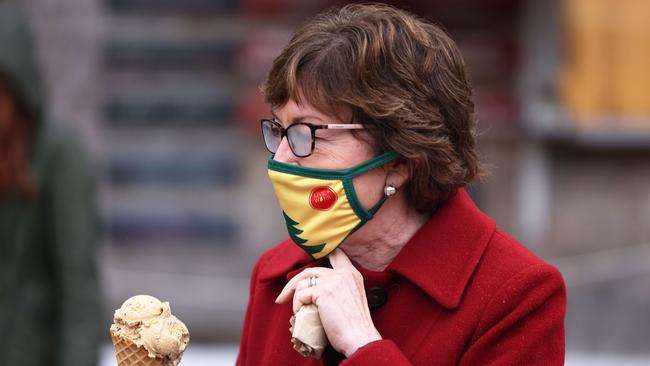
“The Democrat money advantage is the big story of the year — that they’ve figured out how to pick the lock on small donation donors and big donors and just have raised overwhelming money.” Ms. Collins has been hit hard by the fundraising disparity, raising $24 million from 2019 through Oct. 15, a period over which Ms. Gideon has raised almost $70 million. It is the same story for other Republicans: Overall, Republican candidates in the 14 most competitive Senate races collectively raised $377 million through Oct. 15, compared with $636 million for the Democratic candidates plus the independent in the Alaska race, according to Federal Election Commission reports.
“Me breathing helps him raise money,” said Sen. Lindsey Graham (R., S.C.), who has raised $70 million since the start of 2019, more than any other Republican, and still has been outraised by his opponent, Democrat Jaime Harrison, who has raised $109 million — a record for any Senate candidate.
One race where Republicans got some recent good news was in Iowa. Republican Sen. Joni Ernst has pulled ahead of Democrat Theresa Greenfield, 46% to 42%, in a Des Moines Register/Mediacom poll conducted between Oct. 26 and Oct. 29. But Democrats involved in Senate campaigns say the race is still competitive.
Democrats are running on the theme that helped them flip the House in 2018 — health care. In the 14 most competitive Senate races, more than twice as many broadcast-television spots mention health care than any other topic, according to ad tracker Kantar/CMAG.
Democrats used the recent fight over confirming Justice Amy Coney Barrett to the Supreme Court to underline the theme, pointing to oral arguments set for next week in a case challenging the Affordable Care Act. The justices could rule on the viability of every provision of the sweeping health care law, potentially forcing Congress to respond to restore some provisions including protecting those with pre-existing conditions from insurance premium spikes.
“It’s health care — it’s the No. 1 issue, it has been even before the pandemic,” said Sen. Catherine Cortez Masto (D., Nev.), who is chairwoman of the Senate Democrats’ campaign arm.
In contrast, many Republicans are tailoring their campaigns around the issues that they view as playing best in their own states — like the economy.
“Most people are still worried about Covid, and they’re worried about the health of the economy,” Republican Sen. Thom Tillis said before he returned to North Carolina to campaign. “Those are the arguments that I’m going to be making to get re-elected for a second term.” Republicans need to boost turnout in the election’s final days, as Democrats have racked up votes early by rallying more of their partisans to send in ballots or show up early at the polls.
In Iowa, North Carolina and Maine, more Democrats than Republicans have voted so far through absentee ballots or early in-person voting, according to the U.S. Elections Project. After President Trump questioned the validity of mail-in voting, Republicans are relying on their supporters to vote on Election Day.
“It’s risky,” said Jessica Taylor, who tracks Senate races for the Cook Political Report. “What’s the weather going to be like? Does someone wake up sick? Do they not want to wait in those big lines if they’re not as motivated? It’s risky when it comes down to one day instead of weeks, which is what Democrats have done.”
Julie Bykowicz contributed to this article.
The Wall Street Journal

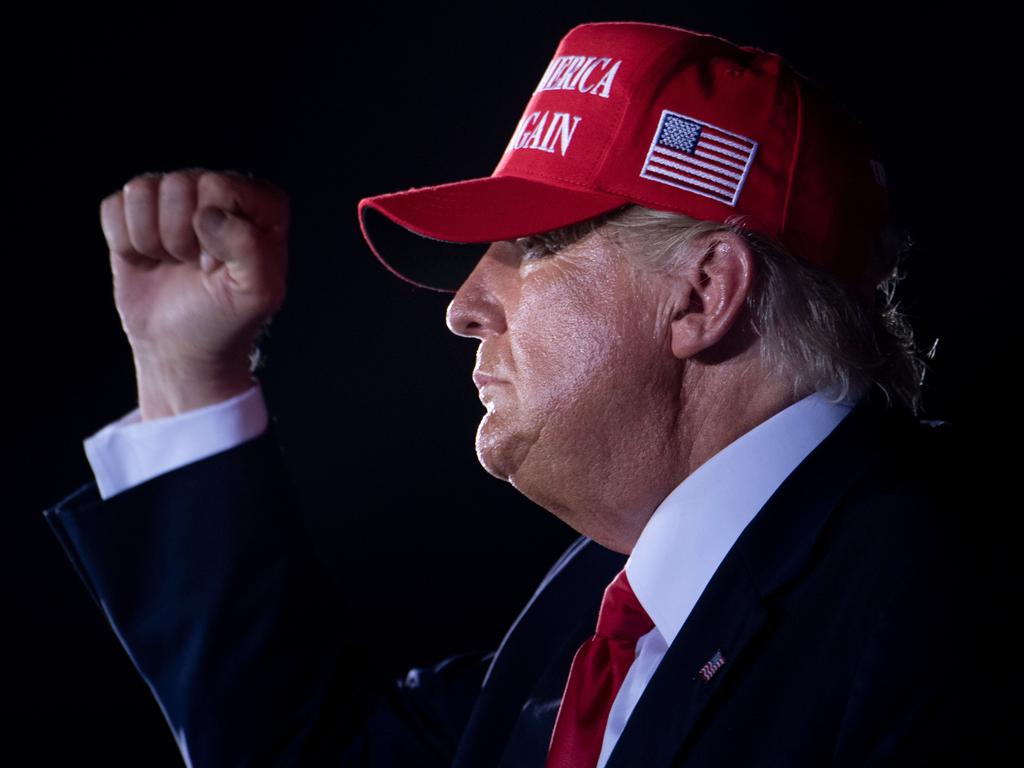

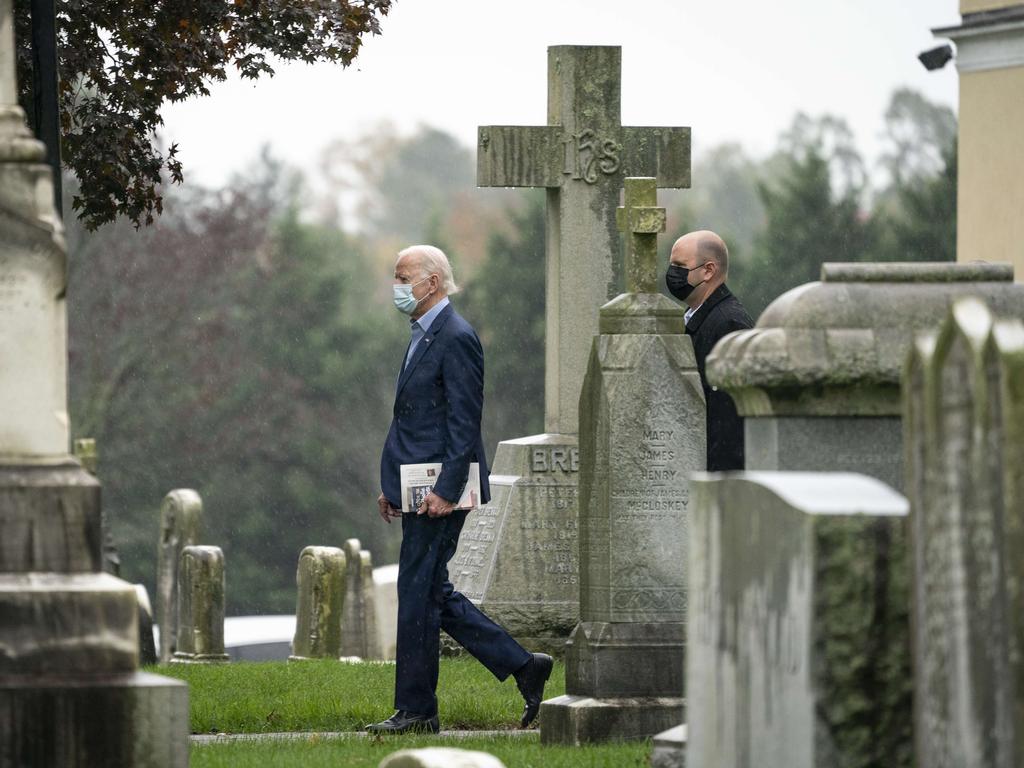


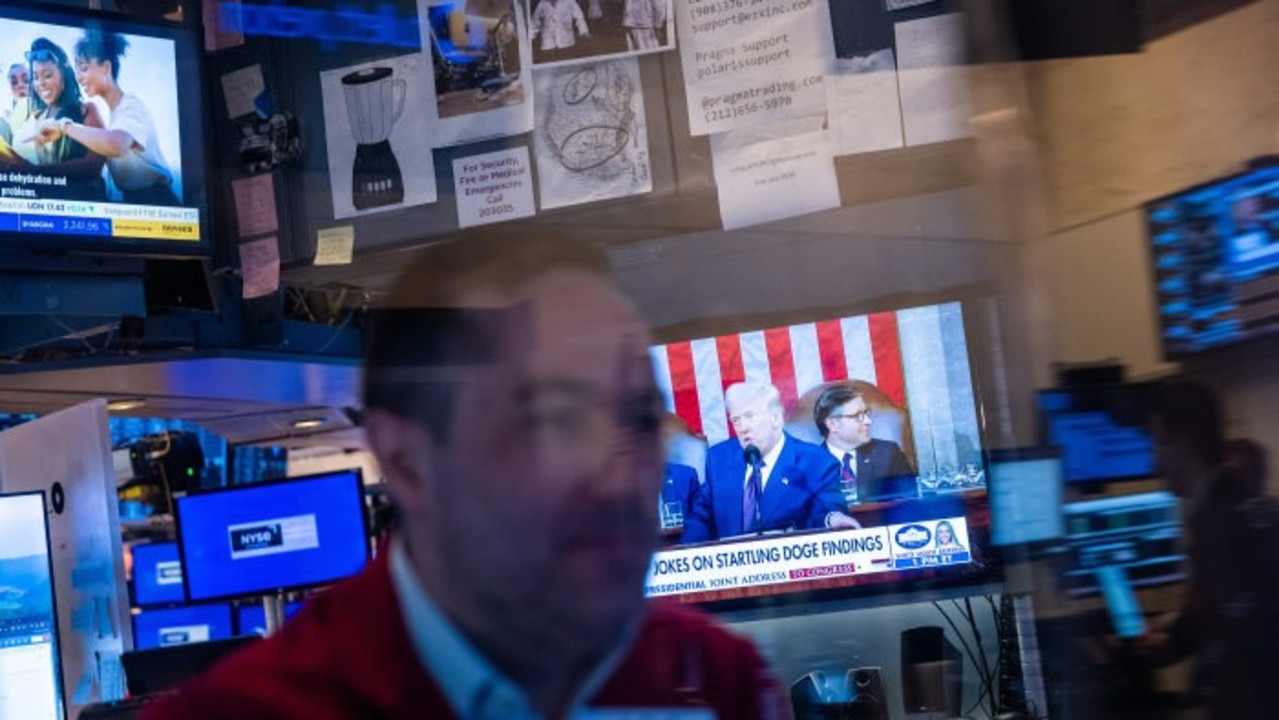
To join the conversation, please log in. Don't have an account? Register
Join the conversation, you are commenting as Logout